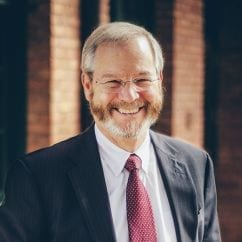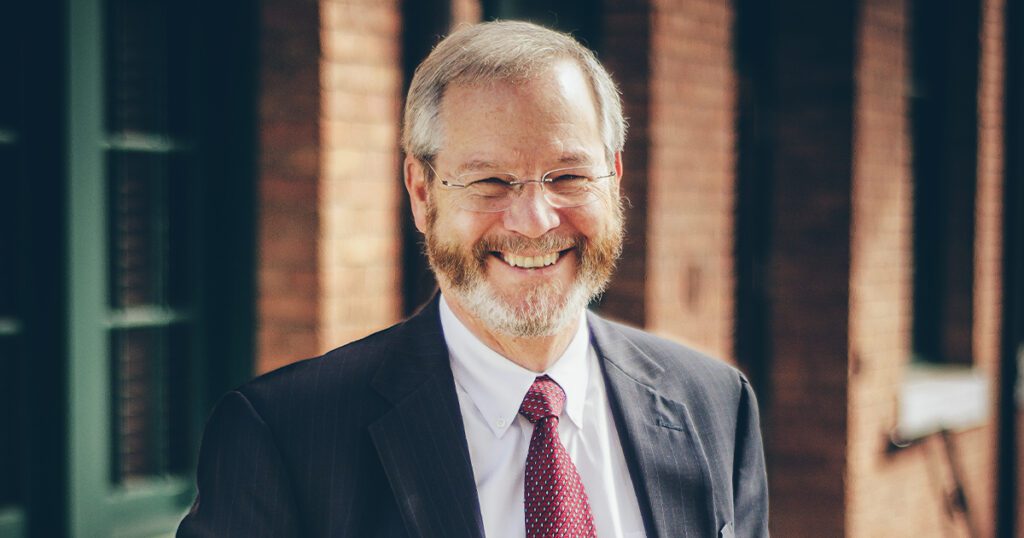Wyche Inside IP
By Wallace K. Lightsey
I often hear people –many of them lawyers – refer to “copyrighting” something they have written or created in some other form.
The truth is, copyright protection arises automatically and immediately at the moment of creation, which means the time that an original work of authorship is first “fixed” in some tangible medium, such as a writing, photograph, recording, or computer memory. No further action or formality is required for it to be protected by copyright law. It does not have to be published; it does not have to have a copyright notice placed on it; and it does not have to be registered with the United States Copyright Office.
When people talk about “copyrighting” something, they are usually thinking about registering the work with the Copyright Office, which is a part of the Library of Congress. Registration is not required for a work to be protected by copyright, but it is a very good idea. For one thing, a copyright owner cannot bring a lawsuit for infringement until the work has been registered with the Copyright Office. Furthermore, registration may have a significant effect on the remedies that are available for infringement. In particular, if a work is not registered within three months of its first publication, the owner cannot recover statutory damages or attorneys’ fees for infringement that began before registration. Another benefit is the rule that, if registration is made within 5 years of the first publication, the registration certificate may be used as evidence in court that the copyright is valid and that the facts stated in the certificate (such as date of creation and date of first publication) are true and correct. This evidentiary rule can be important if an infringement lawsuit is brought after the author of the work has died or forgotten the circumstances of the creation of the work.
Registration of a work with the Copyright Office is simple and inexpensive. You do not need to be a lawyer to understand and fill out the appropriate registration form, although many clients find it helpful to have their lawyer go over the form with them the first time that they use it. The forms and instructions for completing them are available for download on the Copyright Office’s web site, www.copyright.gov.






